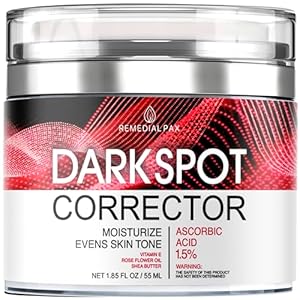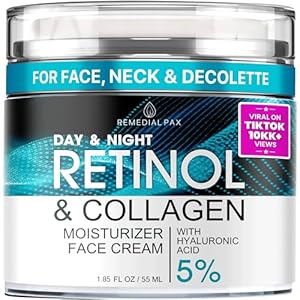
Atherosclerosis is the name given to the growth of fatty plaques in artery walls. It is universal in later life, and the primary cause of human mortality via heart attack, stroke, heart failure, and so forth. Once a plaque grows past a given size, the mechanisms that caused its creation fade in importance in comparison to very simple feedback loop. The plaque is an inflammatory, damaged environment that attracts macrophage cells from the bloodstream and surrounding tissues. The macrophages attempt to ingest cholesterol and cell debris, passing the cholesterol back into the bloodstream to return to the liver for reuse or excretion, but instead become overwhelmed. The plaque environment and cholesterol excess forces macrophages into an inflammatory and dysfunctional state. The cells eventually die to add their mass to the plaque. A plaque is a macrophage graveyard, continually calling more macrophages to their doom.
Given this, some lines of research aim to make macrophages more resilient. In principle, if macrophages were not overwhelmed by excess cholesterol and other toxic aspects of the plaque environment, these cells would in time complete their task, dismantling the plaque and repairing the blood vessel wall. Nobody would die from atherosclerosis. A number of approaches have been suggested to at least modestly increase the resilience of macrophages to the plaque environment, and are in various stages of development. Today’s open access paper adds another possibility to the list, another way to manipulate macrophage metabolism to sabotage the maladaptive reaction to the plaque environment in order to maintain repair activities.
Can enzyme behind high cholesterol be turned off?
“We found that by blocking the enzyme IDO1, we are able to control the inflammation in immune cells called macrophages.” Inflammation plays a crucial role in the immune system, helping the body fight infections and heal injuries. But when inflammation becomes abnormal it can damage cells, disrupt normal functions and increase the risk of serious diseases. During these periods, macrophages can’t absorb cholesterol properly, which can lead to chronic disease. Researchers found that the enzyme IDO1 becomes activated during inflammation, producing a substance called kynurenine that interferes with how macrophages process cholesterol.
When IDO1 is blocked, however, macrophages regain their ability to absorb cholesterol. This suggests that reducing IDO1 activity could offer a new way to help prevent heart disease by keeping cholesterol levels in check. The researchers also found that nitric oxide synthase (NOS), another enzyme linked in inflammation, worsens the effects of IDO1. They believe that inhibiting NOS could provide another potential therapy for managing cholesterol problems driven by inflammation.
Macrophages play crucial roles in inflammation, and their dysfunction is a contributing factor to various human diseases. Maintaining the balance of cholesterol and lipid metabolism is central to macrophage function, and any disruption in this balance increases the risk of conditions such as cardiovascular disease, atherosclerosis, and others. The receptor HDLR-SR-BI (SR-BI) is pivotal for reverse cholesterol transport and cholesterol homeostasis. Our studies demonstrate that the expression of SR-BI is reduced along with a decrease in cholesterol uptake in macrophages, both of which are regulated by the activation of NF-κB.
Furthermore, we have discovered that indoleamine-2,3-dioxygenase 1 (IDO1), which is a critical player in tryptophan (Trp) catabolism, is crucial to the regulation of SR-BI expression. Inflammation leads to elevated levels of IDO1 and the associated Trp catabolite kynurenine (KYN) in macrophages. Interestingly, knockdown or inhibition of IDO1 results in the downregulation of lipopolysaccharide (LPS)-induced inflammation, decreased KYN levels, and the restoration of SR-BI expression as well as cholesterol uptake in macrophages. Beyond LPS, stimulation with pro-inflammatory cytokine IFNγ exhibits similar trends in inflammatory response, IDO1 regulation, and cholesterol uptake in macrophages. These observations suggest that IDO1 plays a critical role in SR-BI expression and cholesterol uptake in macrophages under inflammation.
Trending Products











